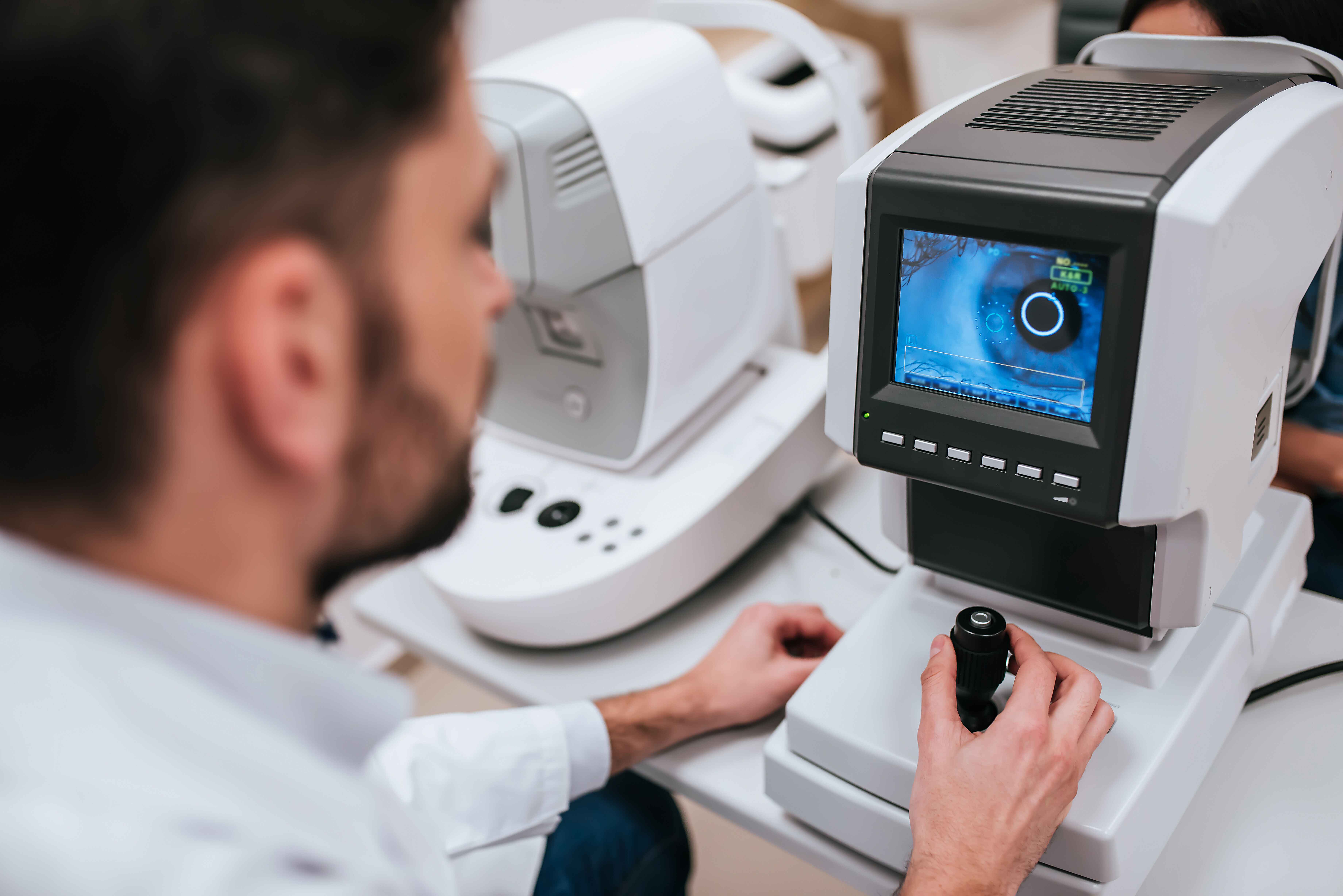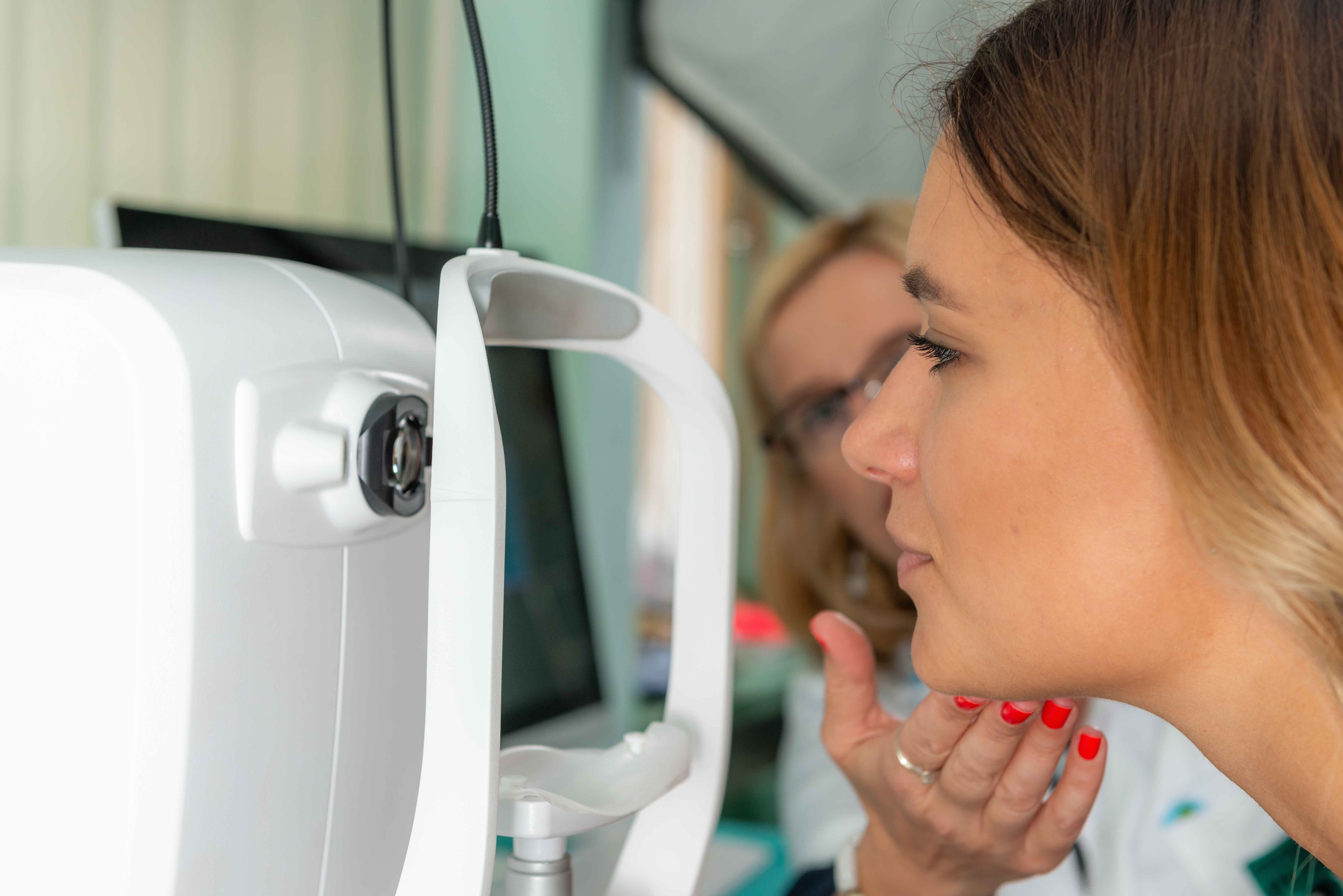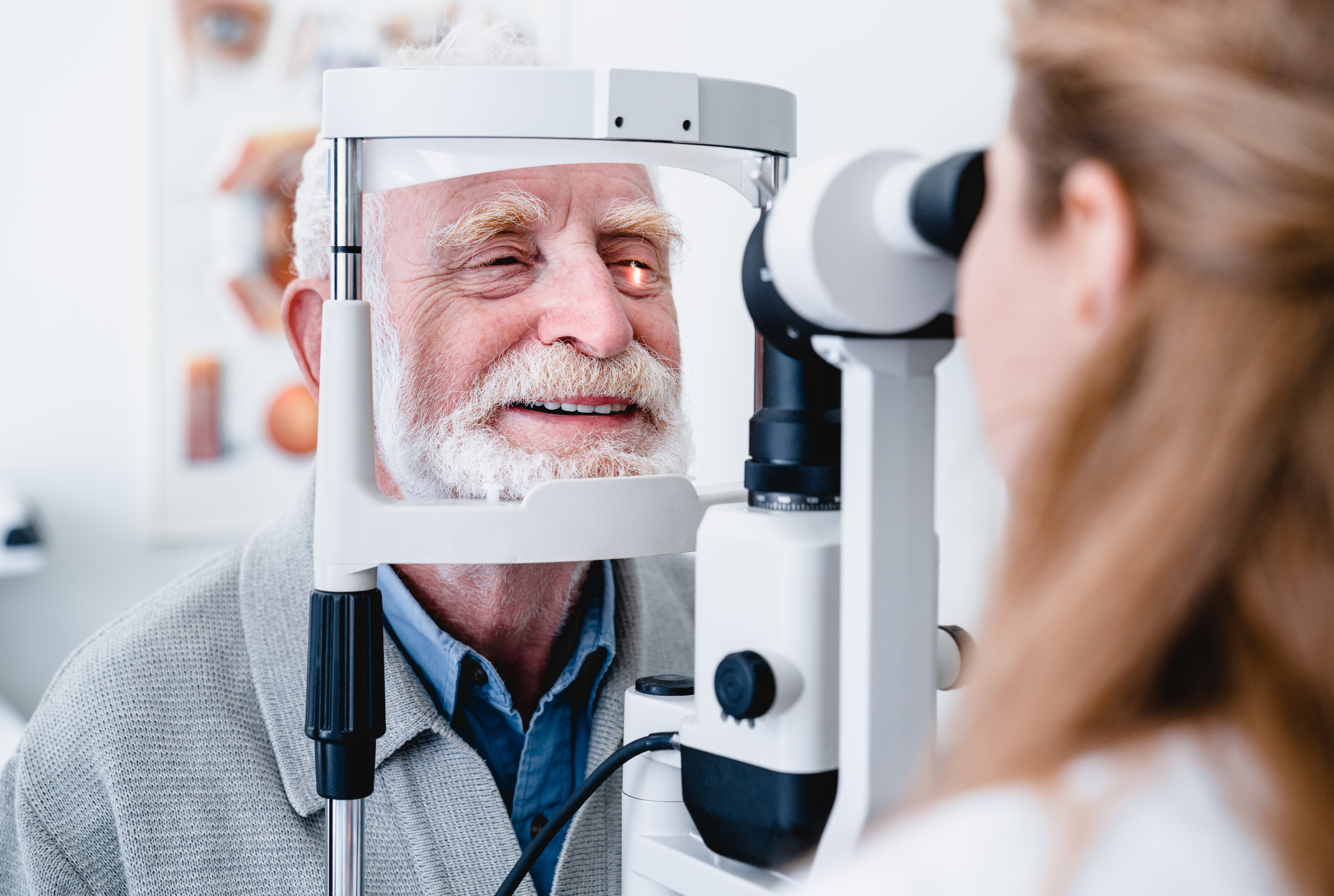Table of Contents
Health care laws are ever-changing, and their impact on the medical field has pros and cons. However, experts describe the current regulatory environment as favorable and see it as a factor for growth. So, how do state laws affect optometrists’ ability to provide quality eye care in Oklahoma and nationwide?
Health care legislation in full effect
Congress passed the first recorded health law in 1798, paving the way for future regulations. Federal and state laws were first established to make sure that doctors adhere to high standards and protect patients. For example, the Health Insurance Portability and Accountability Act of 1996, now commonly known as HIPAA, was designed to protect patients from the release of their sensitive personal information.
Eye doctors are doctors
In 1895 Charles F. Prentice was nearly imprisoned for charging a fee for an eye exam but was later able to convey why states should recognize optometry as a true profession.
Optometrists provide more than two-thirds of the primary eye care and vision health care in the U.S. For instance, Oklahoma eye doctors are a critical access point to the health care system for many patients.
Advances in optometry led to expanding the scope of practice, creating a need for new health care laws. However, obtaining advanced privileges has been an ongoing challenge, primarily because optometry is legislated state-by-state.
Only six states permit optometrists to perform every procedure outlined in their education and training, but Oklahoma was one of the first states to allow full-spectrum optometry care.
Optometry education includes a curriculum in pharmacology and systemic disease, with hands-on training in lab procedures. Nevertheless, many legislators and medical professionals still try to limit optometrists’ scope of practice.
In 1998 Oklahoma expanded its scope of optometry to include laser surgery. As a result, patients can have procedures in the optometrist’s office instead of waiting six to eight weeks to see an ophthalmologist.
Prescribing medications
Ongoing progress in pharmacology means that medicines are constantly changing and being improved. Therefore, license laws can significantly affect an optometrist’s practice. Having access to new drugs and treatment options as they become available can be vital.
Lab choice is important
State laws usually result in more convenience for the patient and increased revenue for the doctor, but the details can be complex. In addition, the regulatory environment can require considerable time and resources for keeping records.
Fourteen states have patient protection laws that prohibit limits on the doctor’s choice of labs and materials. However, one of the country’s largest vision plan providers strongly opposes patient protection laws.
Most patients are unaware that some of these major vision providers force optometrists to use their labs. Doctors should be able to choose the lab, lenses and materials they feel are best medically and financially for their patients.
Lab choice is essential to ensure quality products and reduced processing times. With Vision Care Direct of Oklahoma, freedom of choice is key. Providers can choose their lab and the materials and suppliers they prefer. Because they can use their own judgment in making care decisions, providers know that they can offer their patients the best possible care. So this freedom of choice directly affects the eye health industry and quality eye care in Oklahoma and beyond.
Providing primary eye care in Oklahoma and elsewhere
The scope of practice in optometry in the U.S. is moving in a positive and exciting direction. With legislation changes in place, patients can consider their optometrist as their primary eye care provider. For example, seeing an ophthalmologist for medical issues will not always be a necessity. Having access to these providers motivates patients to pursue ongoing eye care in Oklahoma and beyond.
Every state should be pushing the envelope to increase its scope of practice and expand patient access to care. Despite ongoing legislative issues, Vision Care Direct of Oklahoma continues to provide elite care for our patients.






















































